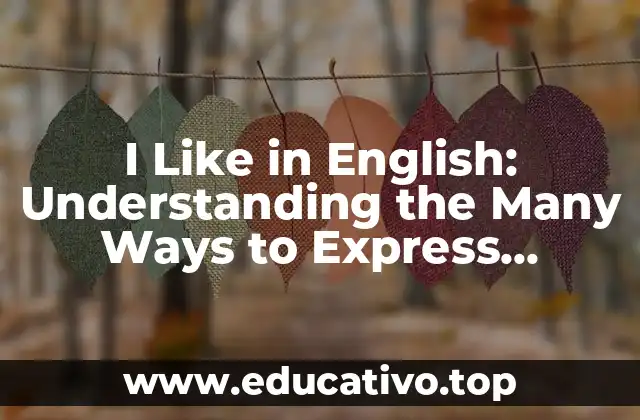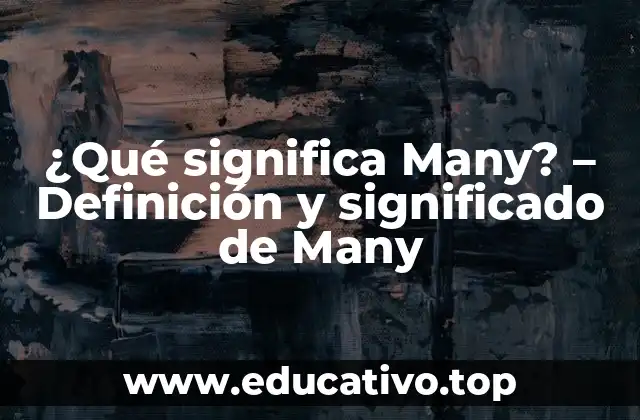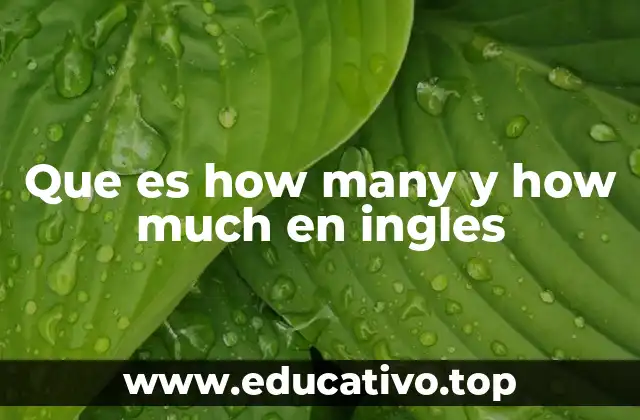Introducción a I Like en Inglés
When it comes to expressing affection or fondness in English, there are many ways to say ‘I like’. From casual encounters to deep emotional connections, understanding the nuances of each phrase is essential for effective communication. In this article, we will delve into the various ways to express ‘I like’ in English, covering formal and informal contexts, different levels of affection, and common idiomatic expressions.
What Does I Like Really Mean?
I like is a phrase that can be used in many different contexts, but what does it really convey? In its most basic sense, I like is an expression of enjoyment, appreciation, or fondness for something or someone. However, the phrase can take on different meanings depending on the situation, tone, and language used.
Formal vs. Informal Expressions of I Like
When it comes to expressing I like in formal and informal settings, the language and tone used can vary greatly. In formal situations, such as in business or academic writing, it’s best to use more formal expressions like I appreciate or I am fond of. In informal settings, like with friends or family, phrases like I’m really into or I’m obsessed with can be used.
Levels of Affection: From I Like to I Love
How do you express different levels of affection in English? From a casual I like to a deep I love, there are many ways to convey emotions. Understanding the subtleties of each phrase can help you navigate complex relationships and avoid misunderstandings.
Do You Like…? Asking for Opinions and Preferences
In English, I like can also be used as a question to ask for someone’s opinion or preference. Do you like…? is a common way to start a conversation or gather information about someone’s tastes.
I Like You vs. I Like It: Understanding the Difference
What’s the difference between I like you and I like it? While both phrases express affection, the object of the sentence changes the meaning entirely. I like you is a romantic or affectionate expression, while I like it is a more general statement of enjoyment.
Idiomatic Expressions: I’m into and I’m down for
Idiomatic expressions like I’m into and I’m down for can add flavor to your language and help you sound more natural in English. These phrases can be used to express enthusiasm, agreement, or willingness to participate in an activity.
How Do You Say I Like in Different Accents and Dialects?
English is spoken in many different accents and dialects around the world. How does I like sound in different regions? From American to British, Australian to Canadian, we explore the variations of I like in different accents and dialects.
What Are Some Common Mistakes When Expressing I Like?
Even native English speakers can make mistakes when expressing I like. What are some common errors to avoid, and how can you improve your language skills?
Can You Like Something You’ve Never Tried Before?
Can you say I like something you’ve never tried before? While it may seem counterintuitive, there are times when you can express affection for something without direct experience.
How Does I Like Vary Across Different Cultures?
How does I like translate across different cultures and languages? We explore the nuances of expressing affection in various cultural contexts.
What’s the Difference Between I Like and I Enjoy?
I like and I enjoy are often used interchangeably, but they have slightly different meanings. When should you use each phrase, and what’s the difference?
Using I Like in Writing: Tips and Tricks
How do you express I like in writing, such as in emails, social media, or blog posts? We provide tips and tricks for effective written communication.
How Do You Respond to I Like in Different Situations?
How do you respond to I like in different situations, such as in a romantic context or when someone is expressing enthusiasm for an activity?
Can I Like Be Used in Negative Contexts?
Can I like be used in negative contexts, such as to express disappointment or frustration? We explore the complexities of using I like in negative situations.
What’s the Future of I Like in the Digital Age?
How is I like evolving in the digital age, with the rise of social media and online communication? We discuss the impact of technology on our language and expression of affection.
Robert es un jardinero paisajista con un enfoque en plantas nativas y de bajo mantenimiento. Sus artículos ayudan a los propietarios de viviendas a crear espacios al aire libre hermosos y sostenibles sin esfuerzo excesivo.
INDICE





